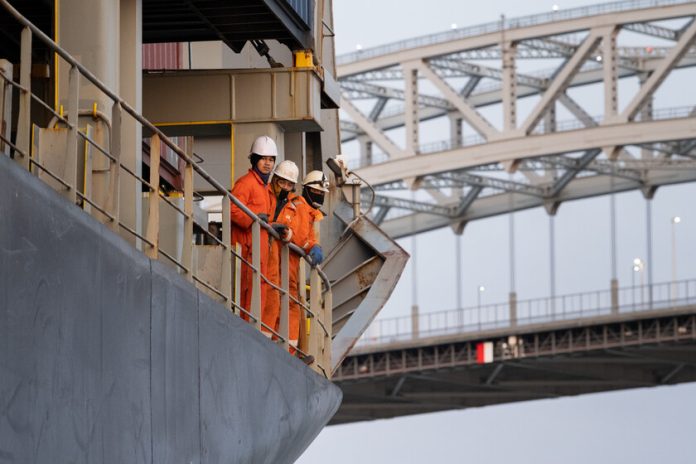Seafaring has seen massive technical transformation in recent years, as the marine sector continues to respond to the climate emergency and the urgent need to decarbonize shipping.
The International Seafarers’ Welfare and Assistance Network (ISWAN) is worried that the changes occurring in the marine industry to reach net zero carbon by 2050 may be putting additional strain on seafarers’ mental health and perhaps compromising their workplace wellness.
ISWAN’s new survey seeks to understand the impact that the rapid technological changes to decarbonise maritime are having on seafarers’ job satisfaction and well-being at sea.
Seafarers are at the centre of this shift, and they must quickly adjust to running new technical systems onboard and coping with the problems of working with new, often very dangerous fuels, said ISWAN.
In addition, the effort to decarbonise the marine sector carries with it huge problems in ensuring that sailors have the necessary training and abilities to safely manage new technology and fuels.
A recent study commissioned by the Maritime Just Transition Task Force found that up to 800,000 seafarers could require additional training to handle alternative fuels and technologies by the mid-2030s.







